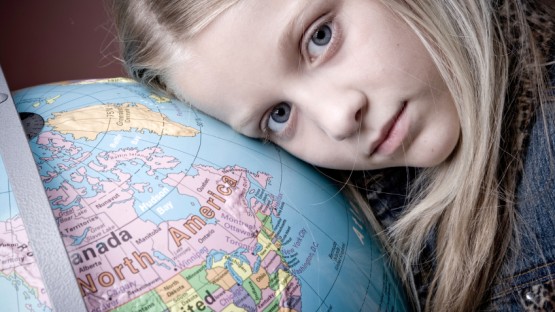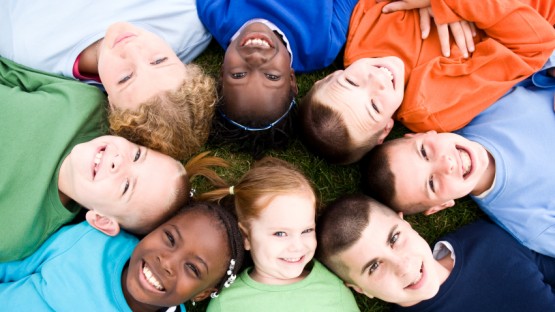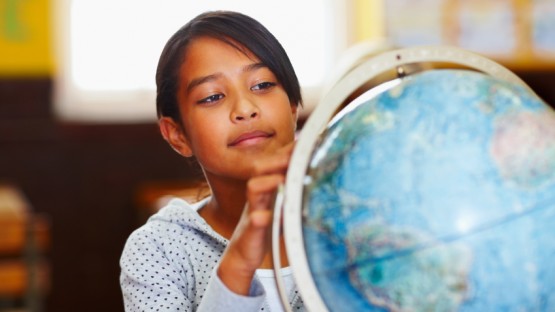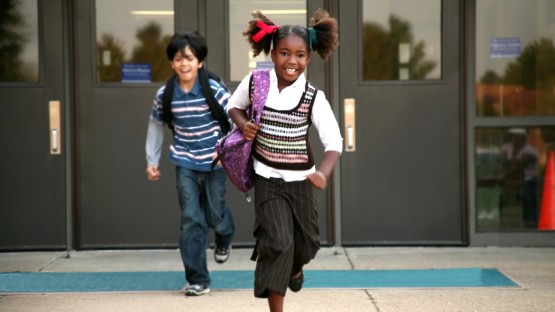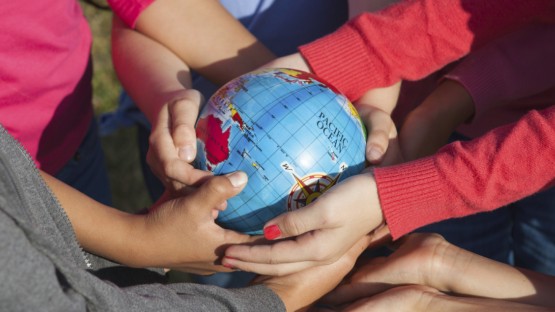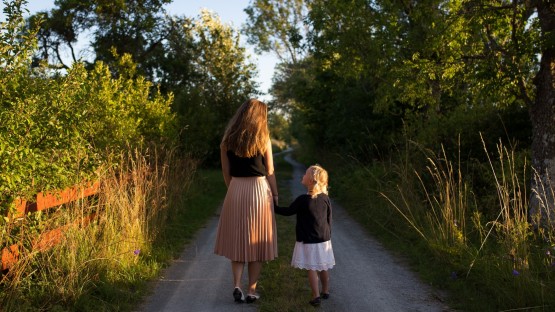
Moving abroad with your family?
Third-Culture Kids

The term “third culture kids” was coined in the 1960s by US sociologist Dr. Ruth Hill Useem. She first encountered this phenomenon when she researched North American children living in India.
These kids spend many years outside of their home culture, but never quite adapt to their host culture, either. Caught between two cultures, they form their very own. While growing up as third culture kids may sound challenging, these children often benefit from their multicultural background.
In general, they often reach excellent academic results. About 90 percent of them have a university degree, while 40 percent pursue a postgraduate or doctoral degree. They usually benefit from their intercultural experience which helps them to grow into successful academics and professionals.
Explaining the Third Culture Kid
Third culture kids spent their educational years abroad in another country, absorbing its culture and customs and making them their own. At the same time, though, they are perceived as foreigners in their host country. They then form a third, “in-between”, culture where they feel more comfortable.
These children often get along best with those who experience the same cultural muddle. It usually depends on the personality of each child how they handle the situation, but also on the duration of their stay, their age, and their parents’ attitude. Surprisingly, many of them deal with their nomadic, hybrid way of life very well.
Positive Aspects of Life Abroad
Their experience abroad helps many third culture kids gain a greater understanding of cultural differences. Ginny (20) was born in the UK. Since her early childhood, she has lived abroad, moving around with her expat parents every few years, before she returned to the UK to study.
“At an early age, I realized that each country smells and tastes differently and that people around the world celebrate and pray in very different ways. I do believe that it helped me become a more flexible and sensitive person.”
Confidence and Communication Skills
Adapting to new situations quickly and with confidence is no problem for third culture kids like Ginny. “When I returned to the UK to go to university, I realized I had benefited a lot from my years overseas. For me, it was easy to adjust to college life – so many other undergrads seemed very childish. They were very bright, but unable to cope on their own. And the languages I picked up abroad were really useful.”
Excellent communication and diplomatic skills are what many third culture kids get out of their experience abroad. These skills help them thrive later on, during their academic studies as well as their career. “The only problem is that I caught the travel bug,” Ginny says and chuckles. “My degree course includes an obligatory year abroad, so I’m planning to go to Salamanca. Maybe I’ll end up on the far side of the world one day, just like my parents.”
